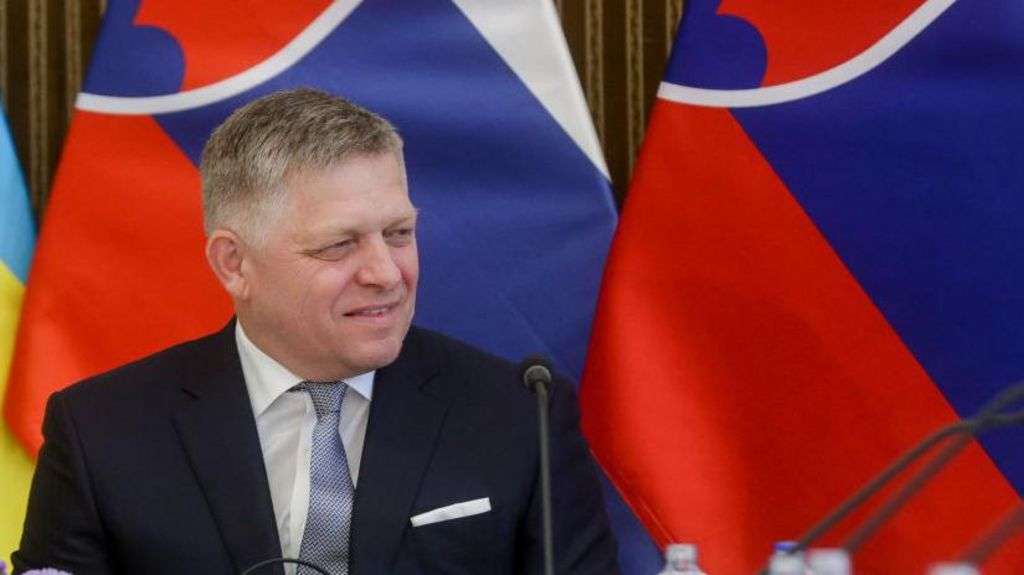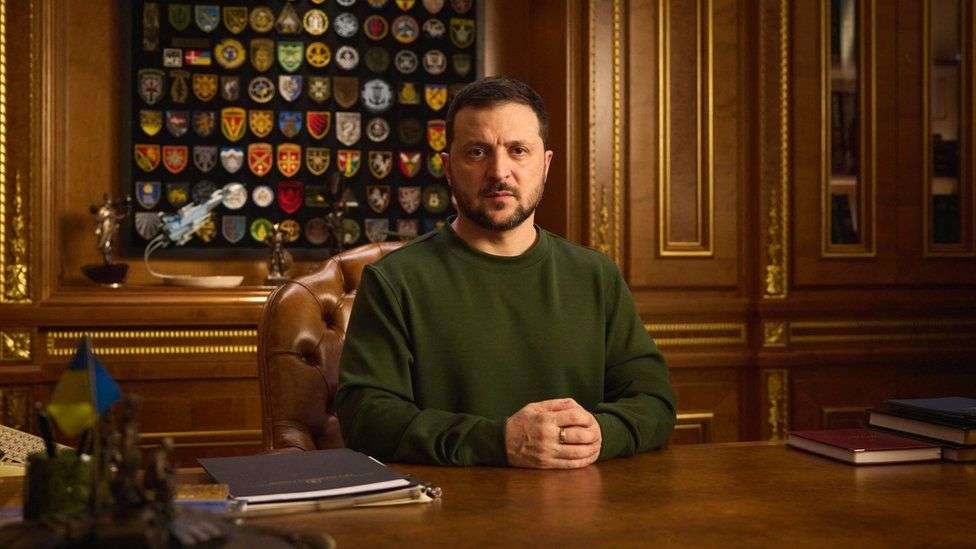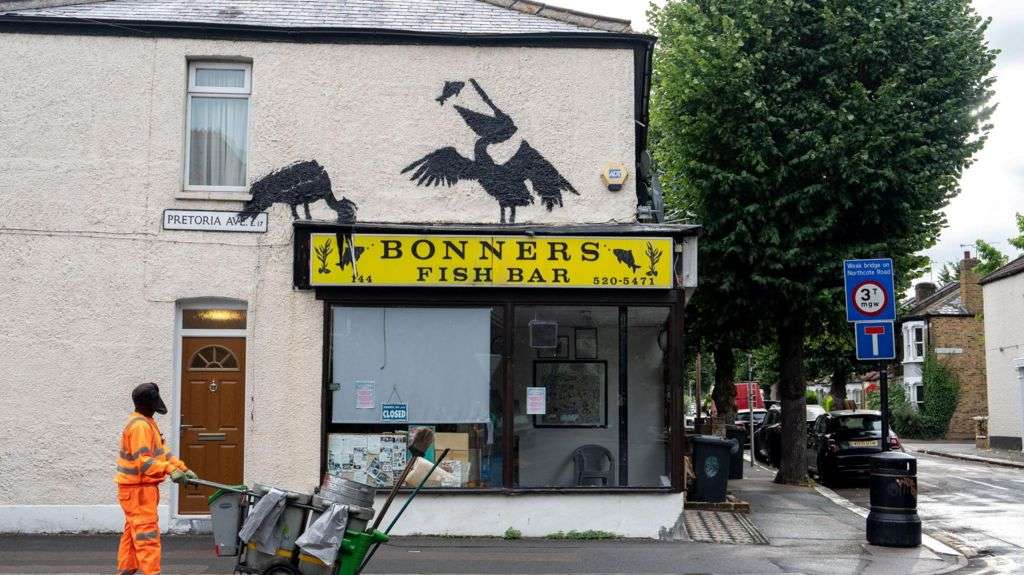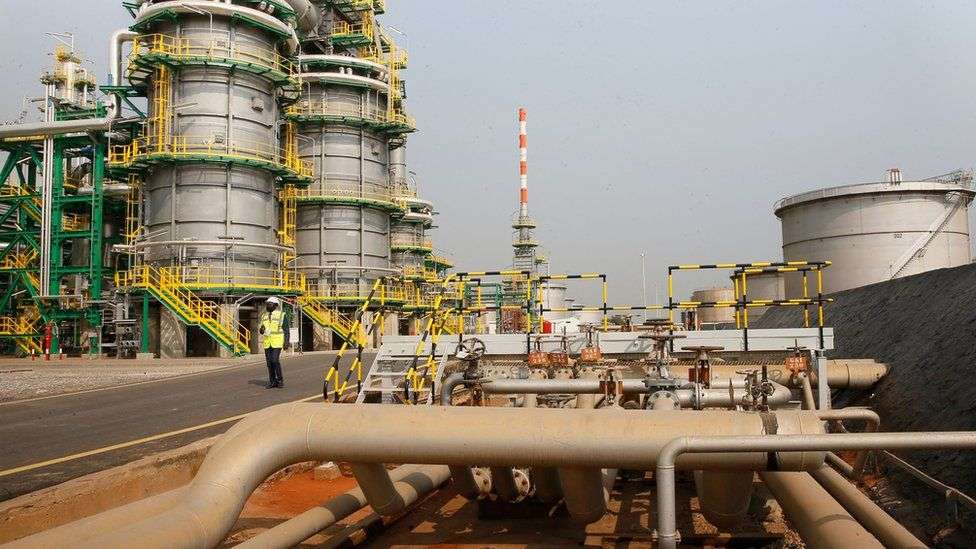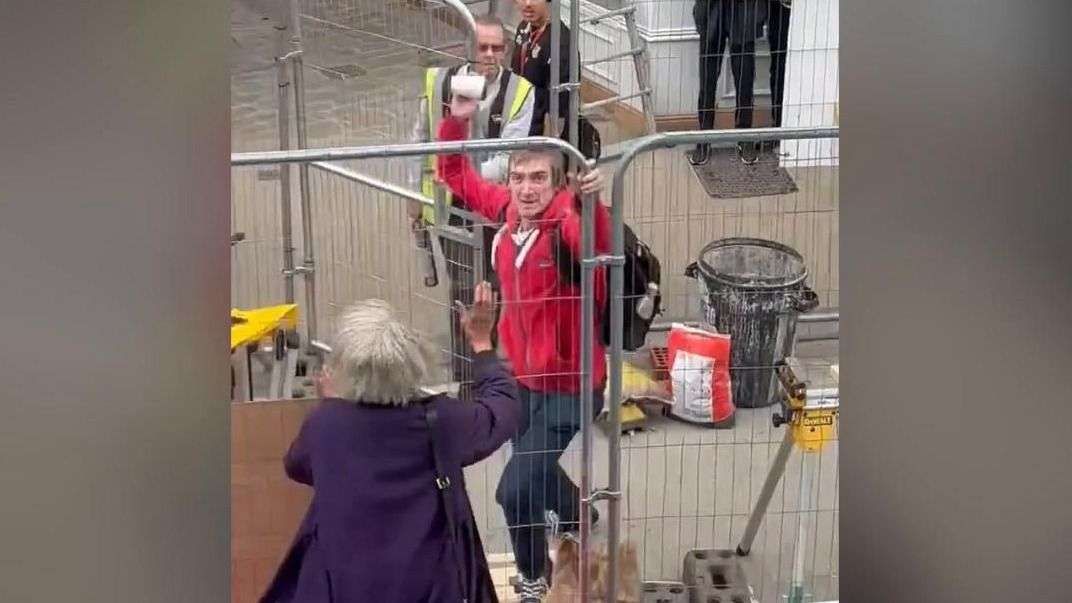The man suspected of attempting to assassinate Prime Minister Robert Fico may not have been working alone, Slovakia's interior minister says.
A team is investigating the possibility Wednesday’s attack was not carried out by a “lone wolf”, as previously believed, Matus Sutaj Estok told reporters on Sunday.
Mr Fico’s life is no longer in danger following hours of surgery, but the 59-year-old still requires intensive care, his deputy said earlier.
On Saturday, the man charged with his attempted murder was placed in custody until his trial.
The alleged assailant has not been formally named, but Slovak reports have widely identified him as 71-year-old Juraj Cintula from the town of Levice.
Local media have described him as a poet who has been involved in political organisations with various ideologies.
In a press conference on Sunday, Mr Estok said an investigation team had been set up, which would also look into whether the suspect “was operating in a certain group of people who might have incited and supported each other”.
He said this was based on information from the intelligence services, including that two hours after the attack, and after the suspect had been detained, his Facebook and communication history was deleted.
The day after the attempted assassination, Mr Estok had told a news conference the suspect had acted alone and previously taken part in anti-government protests.
Earlier on Sunday, Deputy Prime Minister Robert Kalinak said Mr Fico's life was no longer in danger.
Mr Kalinak told reporters his condition still required intensive care, but that "the worst we feared at least for now has passed".
"We can consider his condition stable with a positive prognosis," he said outside the hospital where Mr Fico is being treated in the city of Banska Bystrica, "We all feel a bit more relaxed now."
He added that Mr Fico would stay at Banska Bystrica for the moment, with a transfer not possible in the near future due to his condition.
The prime minister was shot at close range as he was greeting supporters after a government meeting in the small town of Handlova.
Interior Minister Matus Sutaj Estok said that if one of the shots "went just a few centimetres higher, it would have hit the prime minister's liver".
The attack has left Slovakia deeply shocked. On Thursday, Slovakia's outgoing President Zuzana Caputova appealed for calm and invited all party leaders to a meeting to discuss political tension.
Mr Fico returned to power in Slovakia after elections last September, at the head of a populist-nationalist coalition.
The political climate in the country has since turned particularly hostile - although the divisions date back to at least 2018, when a journalist investigating high-level corruption claims was murdered.
Mr Fico was forced to step down then, amid giant protests.
His re-election was a major comeback achieved on a platform that included promises to end military aid to Kyiv and veto Ukraine's Nato ambitions, as well as other talk more reminiscent of Moscow than Brussels.


